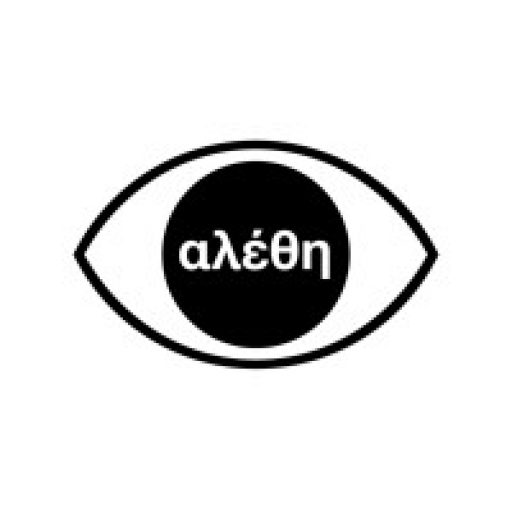Why do we call our parents ‘Mum’, ‘Dad’ and other similar words? Researchers tend to say that those words come from the sounds babies make, but this isn’t a very satisfactory answer. Probably all societies teach children to call their parents by names and nicknames that mean they are parents. This is very strange when you think about it. Whenever someone is special we give them a proper name. Parents are very special but we give them common names.
Blog
Our Work Featured in Babel
Babel is a magazine that brings you cutting-edge linguistic research in an accessible format. Their February edition features a piece titled ‘The acquisition of kinship’, in which Michelle Pascoe reflects on the meaning of being called a mother. Michelle is a professor at the University of Cape Town, South Africa. She specialises in language acquisition […]
Countries Do Not Exist
I hate to break it to you, but [insert the name of your country] does not actually exist. Basically, it doesn’t make any sense that something a group of people decide to imagine ‘exists’. If a group of children gets together to play doctors, why is their hospital not real but that of adult people […]
Symposium on Kubrick
Hosted at the London University of the Arts, the symposium ‘Behind Eyes Wide Shut‘ included my presentation on the scientific aspects of the film. My ideas were well received and sparked an interesting discussion at the end, together with my fellow panelist Anna Friederike Dajka, who also explored the psychology of personal relationships. My conference […]
On Anthropology (I)
Sapiens is a digital magazine whose mission is to bring anthropology to the public. It has a pop-up window that asks you whether you are ‘a human’ and would like to subscribe, otherwise you are ‘not a human’. I found it funny and witty, but also odd.
What is Psycholinguistics?
Psycholinguistics is the study of connecting psychological aspects with language and speech, sometimes referred to as the psychology of language. In more depth and biological terms, psycholinguistics is the ability of an individual to use and understand language and its relation to the neurological system. With more research happening in the field of cognitive science, […]
